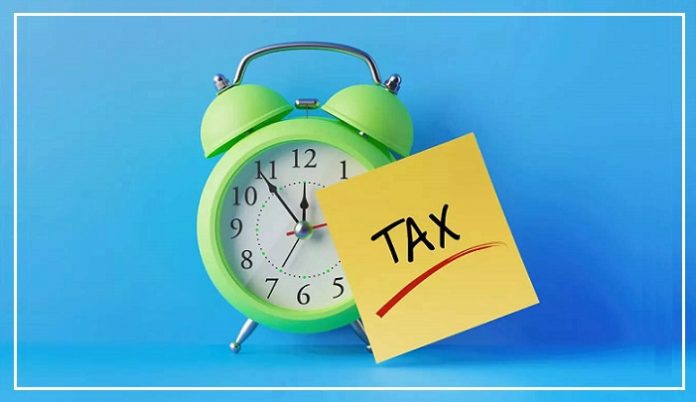Claiming HRA in ITR: If you haven’t submitted proof of HRA to your employer on time, they may have deducted TDS on the HRA component of your salary.
In such cases, you can claim HRA exemption while filing your return. The exemption is calculated as the lower of:
50% of your basic salary plus Dearness Allowance (DA) if you live in metro cities, or 40% if you live in non-metro cities.
Actual HRA received minus 10% of your basic salary plus DA.
Keep rent receipts and agreements: While filing your ITR, you don’t need to submit any documents.
However, it’s essential to keep your rent receipts and rent agreement safely with you as supporting evidence.
If your monthly rent exceeds Rs. 50,000, you may need to deduct tax before paying the rent to the landlord.
This deduction can be done in one go directly in March, instead of deducting it every month.
No HRA? Claiming tax exemption: If you are self-employed or HRA is not a part of your salary structure, you won’t be eligible for HRA exemption under section 10(13A). However, you can still claim relief under section 80GG.
You can avail a deduction of either 25% of your total income or actual rent paid minus 10% of your total income, subject to a maximum of Rs. 5,000 per month. The lesser of the two will be applicable.
It’s advisable to consult a chartered accountant or tax professional for personalized advice and assistance regarding your specific tax situation and claiming HRA benefits while filing your ITR.
